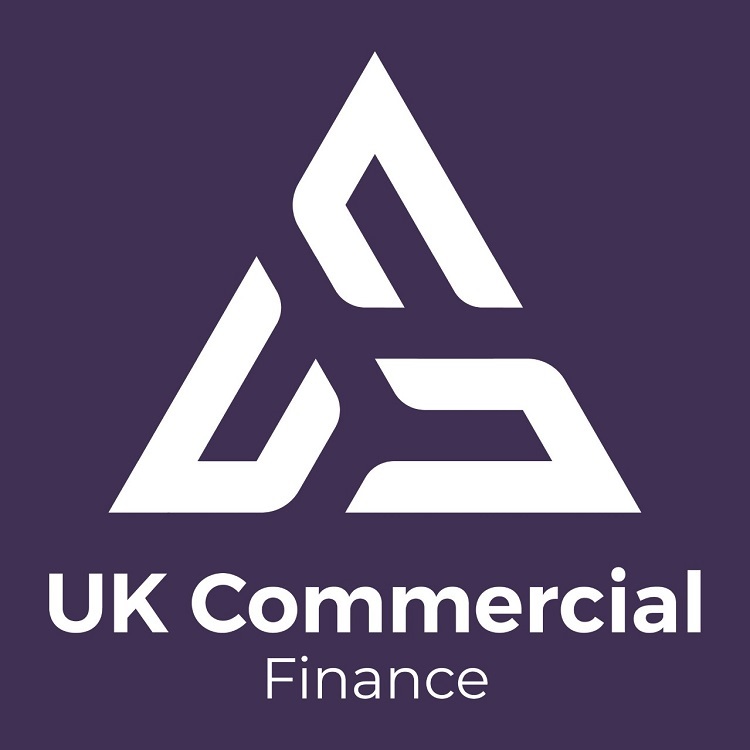What Is a Merchant Cash Advance (and Who Can Apply for MCAs)?

All smaller businesses know that irrespective of all the flexible credit facilities on Earth, cash is king. If you don’t have enough on-hand cash reserves at all times to cover planned and unexpected costs, its game over.
Unsurprisingly, more than 40% of smaller businesses find covering operating expenses a major challenge. More broadly, almost 70% of SMEs occasionally or regularly struggle to maintain adequate cash flow.
This is where a merchant cash advance can help – a flexible and affordable facility, which marries the features of commercial loans, credit cards and overdrafts. Ideal for any small business that takes credit and debit card payments, a merchant cash advance can be more convenient and cost-effective than almost any comparable product.
How Does a Merchant Cash Advance Work?
Merchant cash advances (MCAs) differ from traditional business loans in that they are unsecured. This means that you do not have to put up any tangible assets of value to qualify and nor is there any risk of property repossession if difficulties are encountered along the way.
A brief overview of how merchant cash advances work is as follows:
1. A specialist lender takes a look at your average credit card sales over the course of several typical trading months.
2. An advance is offered in the form of a lump sum cash payment, which could be anything from £2,000 to more than £25,000.
3. If you accept the offer, the interest and borrowing costs are immediately deducted from the loan balance, so you know exactly how much you need to repay.
4. For example, if you take out a loan of £25,000, you may actually receive £24,000 in your business bank account.
5. The money can then be used by the business in the same way as any conventional loan or overdraft.
6. Repayment is subsequently collected by the lender as a fixed percentage of monthly card transactions (usually 10% to 20%).
7. This deduction continues until the loan has been repaid in full, at which point the business can request a new MCA if required.

What sets an MCA apart from most comparable facilities is how repayments are tied to actual takings. The lender collects a fixed percentage of monthly credit card transactions, irrespective of their total volume or value.
This means that the business repays more when takings are good, and less during slower times.
What Are the Benefits of MCAs?
The main advantages of using MCAs as a smaller business are as follows:
• Flexibility. With MCAs, you only repay what you can afford to at the time, based exclusively on monthly card transactions.
• Easy repayment. Monthly deductions are collected automatically by the lender, making for a smooth and simple repayment process.
• Accessibility. No tangible assets of value are needed to take out an MCA and most smaller businesses that process card transactions can qualify.
• Transparency. All interest and borrowing costs are deducted outright, meaning no hidden fees and no additional costs along the way.
All of this adds up to a facility that can be more flexible, accessible, and affordable than a similar commercial loan or overdraft.
Who Can Apply For MCAs?
All MCAs are issued in the form of bespoke facilities, with flexible terms and conditions to suit the exact requirements of the applicant. As a general rule, any business that processes a minimum of £2,000 in card transactions each month can apply for an MCA.
Credit limits are adjusted on the basis of average monthly card takings, the general financial performance of the business, and its credit rating at the time of applying.
For more information on any of the above or to discuss the benefits of MCAs in more detail, contact a member of the team at UK Commercial Finance today.